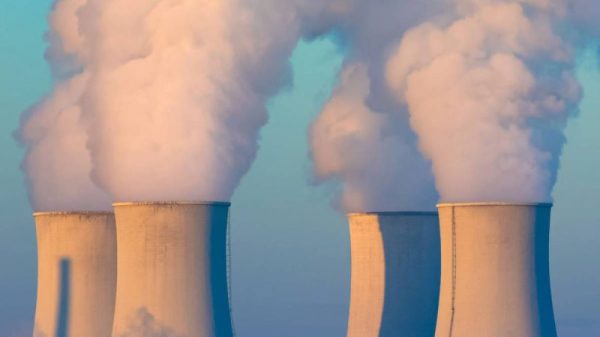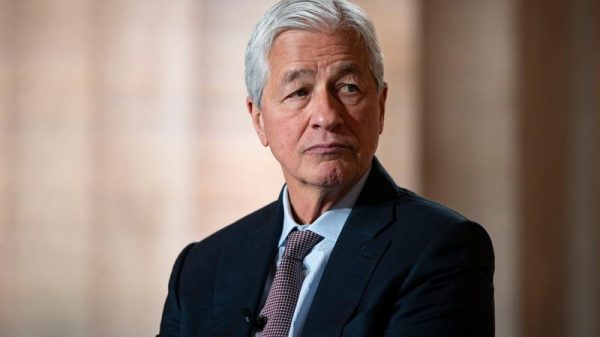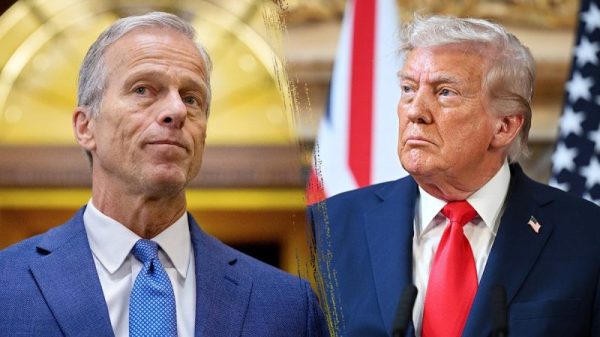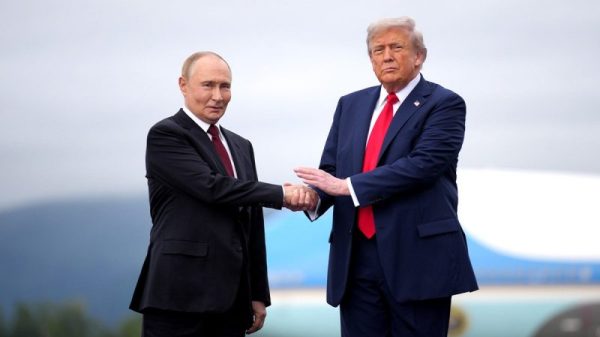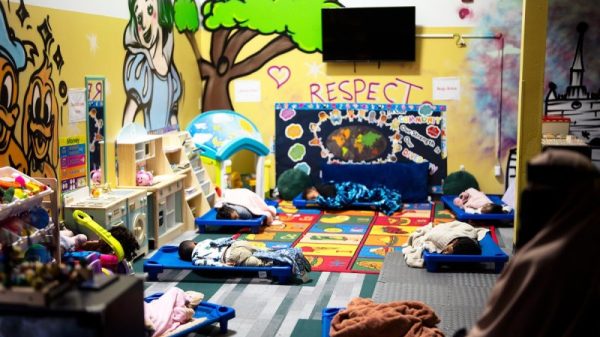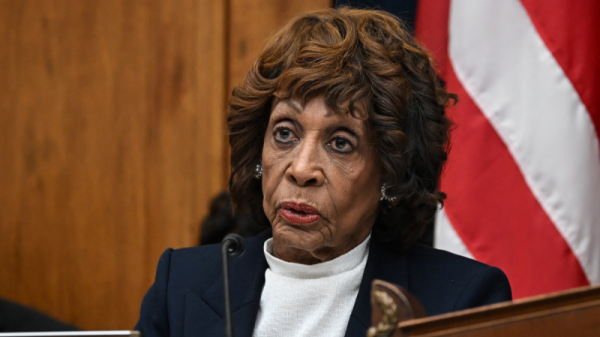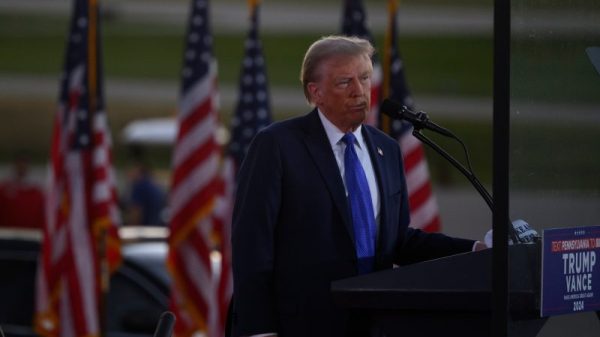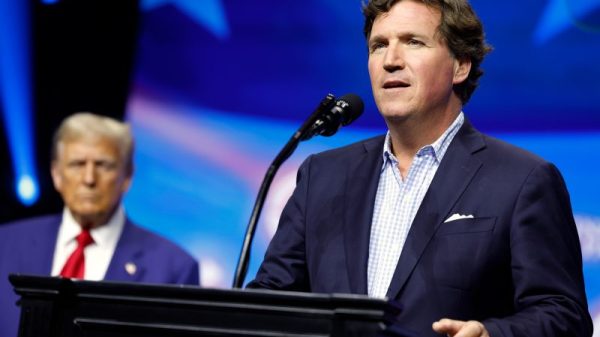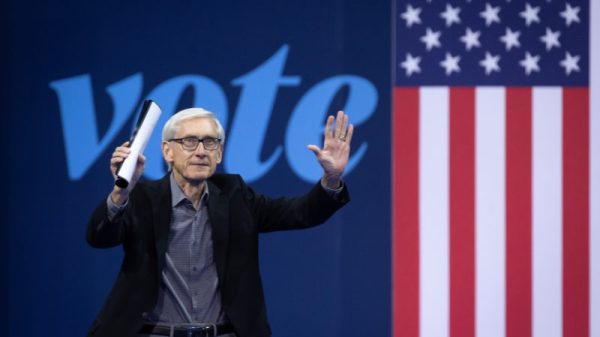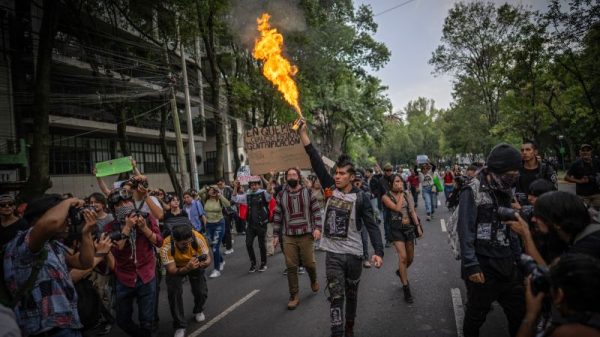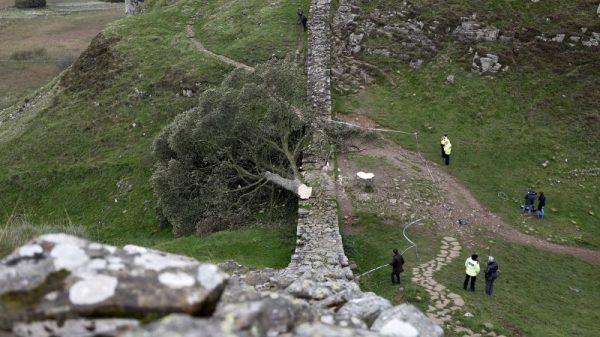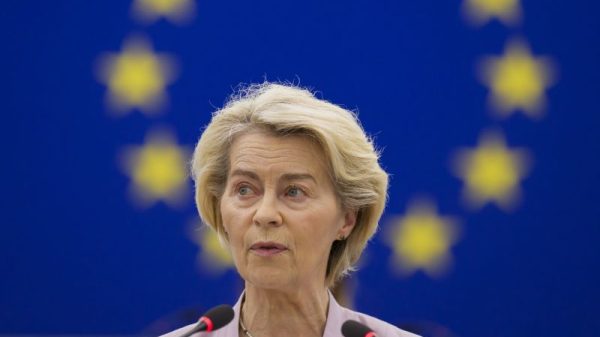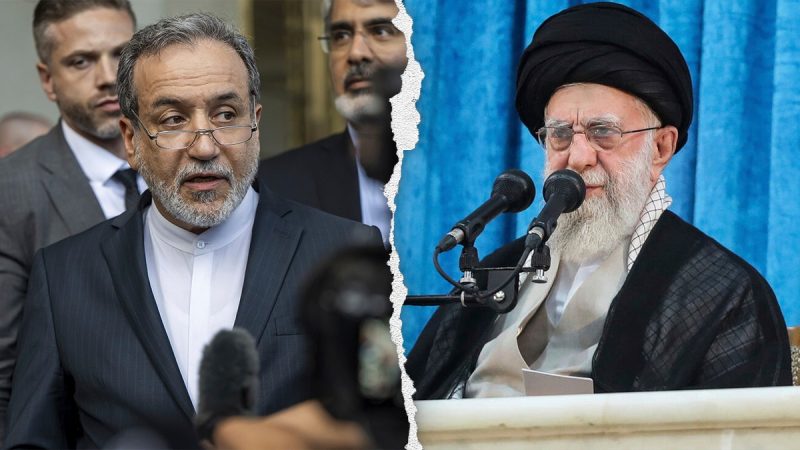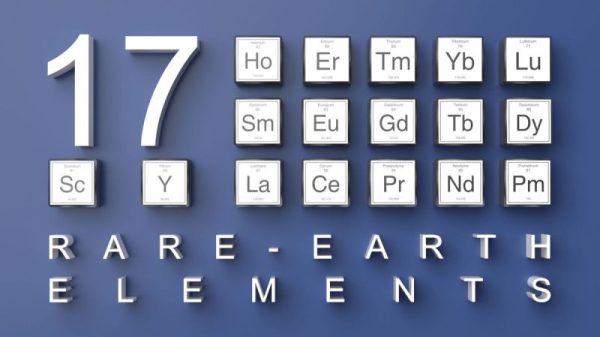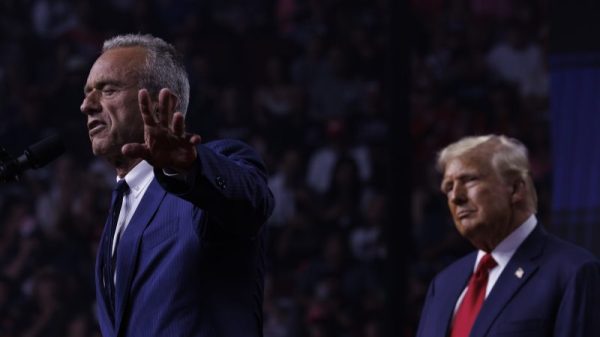Iranian Foreign Minister Abbas Araghchi admitted in an interview on state TV that the U.S.’s strikes caused serious damage to Tehran’s nuclear facilities, despite Ayatollah Ali Khamenei’s insistence that there was minimal impact.
Araghchi said in the interview that ‘the level of damage is high, and it’s serious damage,’ according to the Associated Press.
Post-strike assessments have shown that Iran’s nuclear sites suffered damage in both U.S. and Israeli attacks. All three countries — Iran, Israel and the U.S. — have reached similar conclusions about the extent of the damage, despite what a leaked intel report indicated.
The only leader who seemingly does not agree with the assessments is Ayatollah Ali Khamenei, who said that ‘the Americans failed to achieve anything significant in their attack on nuclear facilities,’ according to reports.
Khamenei appears to be more focused on projecting strength than reflecting reality. He described Iran’s attack on Al-Udeid, the American airbase in Qatar, as a ‘heavy slap to the U.S.’s face.’ While President Donald Trump dismissed it as a ‘very weak response’ and thanked Iran for giving the U.S. ‘early notice.’
International Atomic Energy Agency (IAEA) Director General Rafael Grossi said in a statement on Tuesday that the agency had ‘seen extensive damage at several nuclear sites in Iran, including its uranium conversion and enrichment facilities.’
In addition to discussing the damage done to Iran’s nuclear sites, Araghchi also addressed the possibility of resuming talks with the U.S. He said that the American strikes ‘made it more complicated and more difficult’ for Iran to come to the table, but did not rule out the possibility that negotiations could resume.
Nuclear talks with the U.S. might not be entirely off the table for Iran after last week’s strikes—even if Tehran is not interested in reentering negotiations right away.
The possibility of negotiations was already in question prior to Operation Midnight Hammer, as Tehran viewed the U.S. as being ‘complicit’ in Israel’s Operation Rising Lion, according to Reuters, citing Iranian U.N. Ambassador Ali Bahreini.
Trump on Wednesday expressed optimism in the U.S.’s ability to resume nuclear talks with Iran.
‘We’re going to talk to them next week, with Iran. We may sign an agreement, I don’t know. To me, I don’t think it’s that necessary. I mean, they had a war. They fought. Now they’re going back to their world. I don’t care if I have an agreement or not. The only thing we would be asking for is what we’re asking for before about, we want no nuclear [program]. But we destroyed the nuclear,’ Trump said.
Despite Trump’s statement, there is still no clear indication that the countries have plans to meet in the near future.
The Associated Press contributed to this report.


